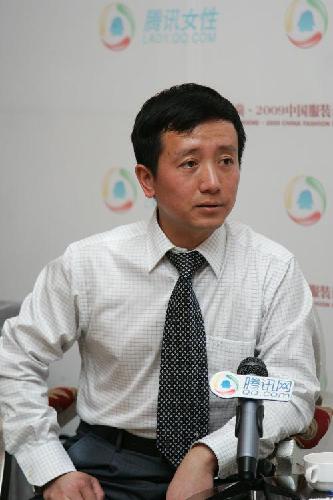| 
Right at the start of 2013, the National Development and Reform Commission (NDRC) fined six overseas companies for rigging prices for LCD panels, calling attention to foreign companies who try to undermine China's Anti-Monopoly Laws.
All overseas companies that intend to do business on the Chinese mainland must realize that even actions taken outside China are within the jurisdiction of Chinese economic laws, should they have a large enough impact on the Chinese market.
International Practice
The principle of extraterritorial jurisdiction in the anti-monopoly field is an international practice, and most countries with anti-monopoly laws have adopted the principle of extraterritorial jurisdiction. Even if a country claims extraterritorial jurisdiction rights, it must also be capable of exercising such power. Because China is the world's second largest economy and second largest importer, it is strong enough to exercise the power of extraterritorial jurisdiction.
Extraterritorial jurisdiction applies not only to price manipulation but also to the concentration of business operators, or M&As. Any M&A between two or more foreign companies must be reported if it reaches the threshold set by the Chinese Government. In fact, the Ministry of Commerce (MOFCOM) has taken the first step in implementing extraterritorial jurisdiction regarding M&As.
The Necessity
Many foreign companies are unaware of China's extraterritorial jurisdiction power, so it is necessary for China to exercise its extraterritorial jurisdiction rights.
BHP Billiton and Rio Tinto announced on June 5, 2009 a plan to set up a joint venture to operate their iron ore businesses in Western Australia. On the same day, Colin Barnett, premier of the state of Western Australia, told the media that he hoped Aluminum Corporation of China would invest in Rio Tinto instead of there being an alliance between Rio Tinto and BHP Billiton.
According to Barnett, a successful alliance of the two mining giants needs the approval and support of the Australian Foreign Investment Review Board, the Australian Competition and Consumer Commission, the Western Australia state government and parliament. Internationally it needed at least the approval of the European Union (EU) and the U.S. Department of Justice. But he did not mention that China and other big Asian steel-producing nations have a say in the case, when in fact, China, Japan and South Korea are among the world's biggest steel producers and iron ore importers and are more qualified than the United States and the EU to exercise extraterritorial jurisdiction over this case.
Fair Environment
To emphasize China's extraterritorial jurisdiction when it comes to international anti-monopoly law does not mean China's business environment will deteriorate.
Although China has pledged to punish any violation of the law, the purpose of China's anti-monopoly laws is to establish a normal market order, but not bring about the demise of any company.
In the face of global economic competition, operating costs in China have been growing irreversibly. China has been unable to maintain an advantage of low production costs, forcing the nation to enhance its international competitiveness. A predictable legal environment is one of the components of such competitiveness, and China's policy makers and implementers are believed to fully understand this.
Developed countries, however, were calculating their fines based on global sales and seized funds that should be paid to developing countries to aid their development, thereby further intensifying global income disparity.CA
(The author is a researcher with the Chinese Academy of International Trade and Economic Cooperation) |